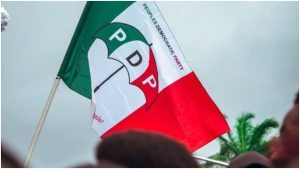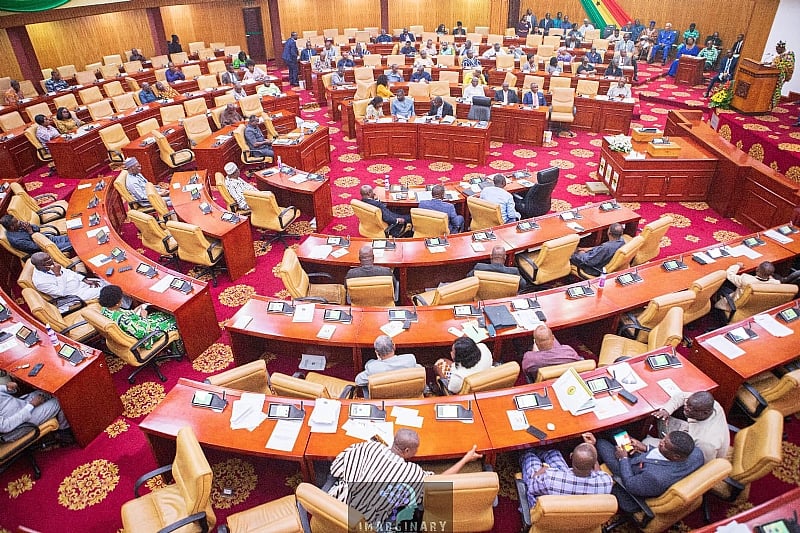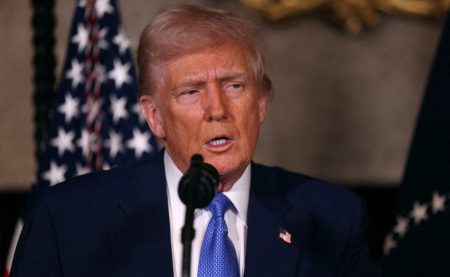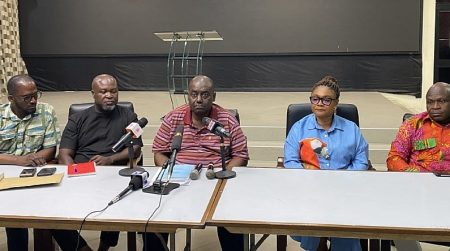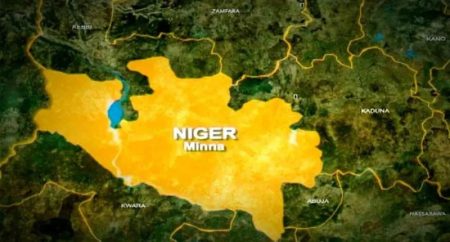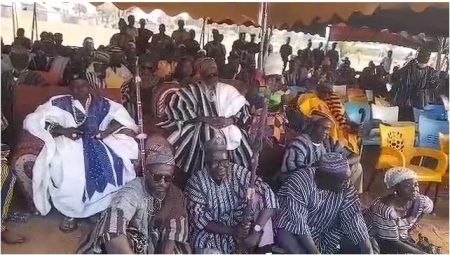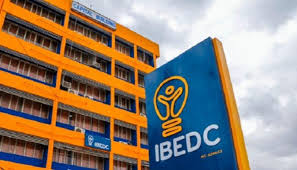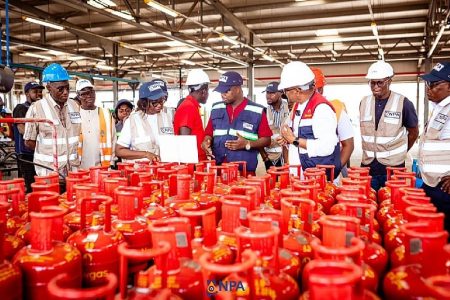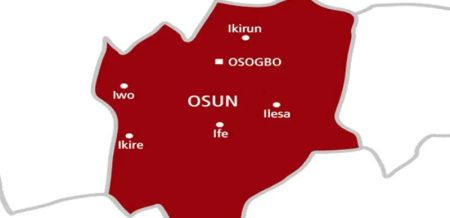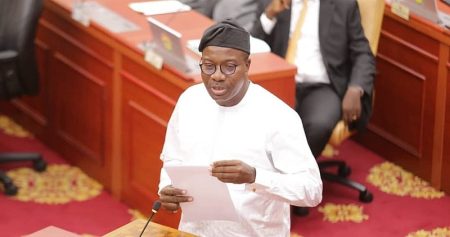The impending appearance of Ghana’s Foreign Affairs Minister, Mr. Samuel Okudzeto Ablakwa, before Parliament signifies a critical juncture in addressing the complex issue of Ghanaian deportees from the United States. This summons, scheduled for February 28, 2025, arises from escalating concerns among lawmakers regarding the treatment of Ghanaians in US detention centers and the subsequent challenges they face upon their return to Ghana. The core issue centers around the perceived inhumane conditions within these detention facilities and the lack of adequate support systems for deportees struggling to reintegrate into Ghanaian society after often spending significant portions of their lives in the United States. Parliament’s intervention underscores a growing recognition of the government’s responsibility to protect its citizens abroad and facilitate their successful reintegration upon return.
Reverend John Ntim Fordjour, Member of Parliament for Assin South, has been particularly vocal in expressing his distress over the alleged mistreatment of Ghanaians within US detention centers. His concerns extend beyond the sheer number of deportations to encompass the reported hardships endured by these individuals while awaiting their forced removal. Rev. Fordjour’s statements paint a picture of vulnerable Ghanaians subjected to potentially degrading conditions, emphasizing the urgent need for intervention and improved oversight. This focus on pre-deportation experiences highlights a crucial aspect of the issue, shifting the conversation from solely reintegration efforts to also encompass the protection of Ghanaian citizens’ rights and well-being while they are still within the US legal system.
Furthermore, Rev. Fordjour’s advocacy highlights the complex challenges faced by deportees upon their return to Ghana. Many have spent substantial portions of their lives in the US, building lives, families, and careers. Their sudden uprooting and repatriation to a country they may barely remember – or in some cases, have never known – presents significant obstacles to successful reintegration. The cultural differences, economic disparities, and social adjustments can be overwhelming, leaving deportees feeling alienated and struggling to find their footing. This underscores the need for robust and comprehensive support systems specifically designed to address the unique challenges faced by this population.
The call for government-led integration centers represents a crucial step towards providing these essential support services. Rev. Fordjour’s proposal envisions these centers as hubs for comprehensive assistance, offering resources ranging from job placement initiatives to cultural reorientation programs. Such centers could serve as vital lifelines for deportees, providing them with the necessary tools and support to rebuild their lives in Ghana. The emphasis on job placement initiatives acknowledges the critical importance of economic self-sufficiency in successful reintegration, recognizing that stable employment is essential for individuals to regain their independence and contribute to their communities.
The upcoming parliamentary session promises a crucial dialogue on the government’s role in addressing this multifaceted issue. Lawmakers will likely press the Foreign Affairs Minister for concrete solutions, demanding action to protect the rights and well-being of Ghanaians abroad and ensure the successful reintegration of deportees. This includes not only advocating for improved conditions within US detention centers but also committing to developing and implementing effective reintegration programs within Ghana. The focus will likely be on the specifics of such programs: their scope, funding, and implementation strategies.
Ultimately, the case of Ghanaian deportees from the US highlights a broader challenge facing nations globally: managing migration flows and addressing the needs of vulnerable populations caught in the crosshairs of complex legal and social systems. The Ghanaian government’s response to this situation will serve as a crucial test of its commitment to protecting its citizens abroad and fostering a society that values inclusivity and support for all its members. The parliamentary summons of the Foreign Affairs Minister signifies a pivotal moment in this ongoing dialogue, demanding a commitment to action and a comprehensive strategy that addresses both the immediate needs of deportees and the long-term challenges of reintegration. The outcome of this session will hold significant implications for the future of Ghanaian migration policy and the well-being of its citizens abroad.




